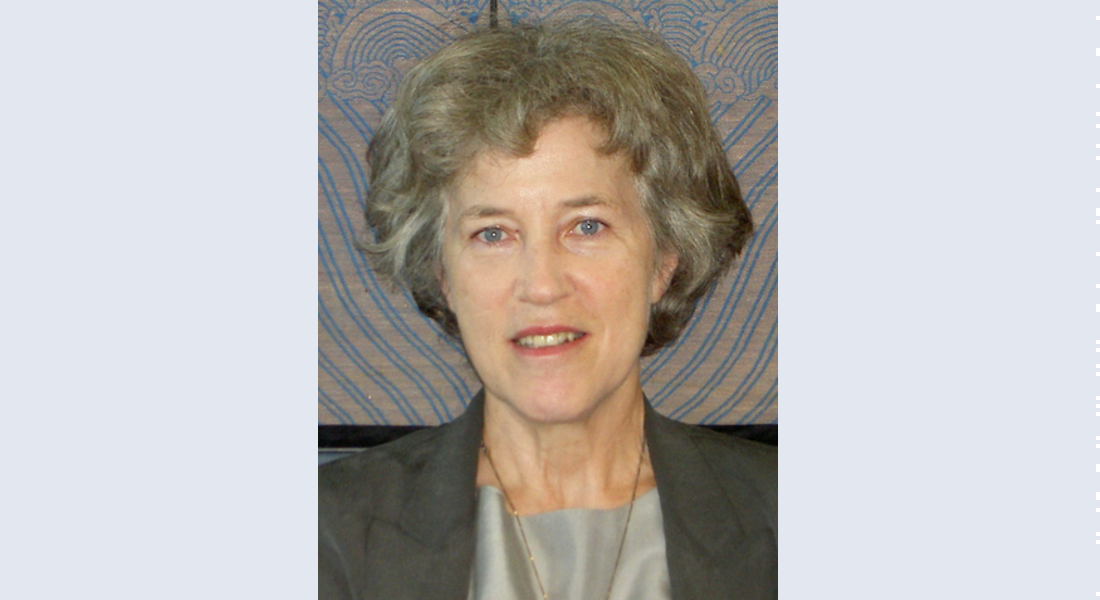Five decades and five milestones of sexual and reproductive health and rights
Family planning, maternal health and menstrual health are public health areas that has changed a lot over time. At a symposium organised by the School of Global Health, the Masanga Hospital, IMCC and UNFPA about sexual and reproductive health and rights of rural populations on 20 September 2019, Siri Tellier, External Lecturer at University of Copenhagen, gave a keynote speech about her five decades long career within sexual and reproductive health and rights.

See the full keynote speech in the below video
Here are some of the key points made by Siri Tellier in her speech:
Family Planning across time and countries
The 60’s were a significant decade for family planning. Women became more liberated with the introduction of new kinds of effective and women controlled contraceptives and at the same time, more women entered the job market. On the other hand, there were concerns that, especially in low- and middle income countries, the birth rates were too high.
The 60’s and the 70’s were more or less characterised by a struggle between worrying that young women did not have access to family planning on one side and the fear that high birth rates would lead to catastrophic overpopulation on the other side. An example of this struggle could be seen in France, where laws that prohibited the access to family planning, were deemed unconstitutional in 1967 all the while still enforcing the same laws in their African colonies.
The fact that family planning's illegality stretched all the way into 1967 makes it all the more surprising that just one year later, in 1968, family planning was made a human right, which is an example of how fast changes happen in this field. Of course, the fact that family planning was made a human right, however, does not meanthat everyone have access to it today. Therefore, the Sustainable Development Goal of ‘leaving no one behind’ has certainly not been reached yet.
Maternal Health: A clear definition makes all the difference
On the topic of Maternal Health, Siri recounted a project she did in the 80’s, where she helped train birth attendants so they would get better at their job. Parallel with this project, in 1985, a paper called ‘Where is the M in MCH ('Maternal and Child Health)’ was published, drawing attention to maternal mortality. A couple of years later WHO came up with a definition of what maternal mortality was. This enabled Siri and others, working with maternal health, to collect data and make an estimate on maternal mortality which would go on to reveal that the maternal mortality was responsible for the death of over 500.000 women in a year.
In 1997, this new definition also helped reveal that traditional birth attendance had no effect on maternal mortality, which was devastating to Siri personally, but it also helped underpin the importance of a proper definition of maternal mortality, as Siri realised that the energy she put into the project, could be of better use elsewhere. In 2009, the mortality dropped from around 500.000 – 250.000 deaths. The same year, avoiding and preventing maternal mortality became a human right by the human rights council.
Menstrual health: The importance of talking freely
Menstrual health is an issue that has been late in terms of attention, and therefore the field of research that deals with menstrual health is very young. However, the research into this topic has produced a lot of conclusions and big effects. In 2017, President Museveni of Uganda, publicly stated that menstruation does not mean early marriage for a girl child, which could be a response to research linking early marriage, onset menstruation and dropping out of school. The topic has also gotten the attention of “WoMena”, an NGO working with menstrual health. WoMena advocate for getting personally involved with menstrual health and to promote it through unisex classrooms, where teachers teach about menstruation, pads and menstrual cups. These initiatives come in the aftermath of previous attempts to approve menstrual health, which was rather unsuccessful, as they failed to actually deal with the women’s perception of menstrual health. As a result of the WoMena initiatives, we see a decline in the number of school dropouts in certain precincts and girls talk about menstruation in terms for freedom, rather than in terms of shame and fear.
Find WoMena’s website here.
Sexual and reproductive health – what have we learned?
No matter how local you are, no matter what your motivations are, you cannot ignore all the political aspects of sexual and reproductive health. Working in this field is not and have never been just a matter of clinical issues. Politics will always be a part of sexual and reproductive health and you have to know this whether or not you are going to be working with it because knowing the laws and understanding the international politics, will assist you in bettering sexual and reproductive health, just as much as a thorough understanding of the clinical aspects will.
